The Temple of Literature - Quoc Tu Giam is the first university in Vietnam, a symbol of the tradition of learning and long-standing civilization.
According to the information page of the Temple of Literature - Quoc Tu Giam, the heads of this school were the priests and the rector, who were both exemplary teachers and excellent educational administrators, as well as talented and highly respected mandarins.
The outstanding priests and scholars at the Temple of Literature - Quoc Tu Giam left an important mark in the history of Vietnamese education, training many talented people to serve the court and the country.

Doctoral stele at the Temple of Literature - Imperial Academy (Photo: Temple of Literature - Imperial Academy relic)
Chu Van An (1292 - 1370)
The typical teacher Chu Van An's given name was Linh Triet, his pen name was Tieu An. The dictionary of Vietnamese historical figures wrote that in his youth, he was a good student, straightforward, indifferent to fame, and taught at home. In his time, the school system was limited.
In the whole country, the Imperial Academy in the capital was the only public school. Initially, the school was reserved for the children of kings, mandarins, and members of the aristocracy. Later, the school was opened to students with outstanding abilities outside this class.
Realizing that many people were capable but not eligible to be admitted to the Imperial Academy, Chu Van An opened Huynh Cung School in his hometown (Thanh Liet, Thanh Tri, Hanoi today) to teach. His reputation and Huynh Cung School quickly spread, causing King Tran Minh Tong to invite him to hold the position of Rector of the Imperial Academy, overseeing education for the whole country.
In the early years, he mainly tutored Crown Prince Tran Vuong - who later ascended the throne as King Tran Hien Tong (1329). After his student ascended the throne, he devoted himself entirely to his work at the Imperial Academy, teaching the king's children, the children of mandarins, and training many talented people for the royal court.
Chu Van An left behind the work "Tu Thu Thuyet Uoc", which became a study guide for scholars of that time, and was honored by later generations as an exemplary teacher of Vietnam.
Nguyen Phi Khanh (1355 - 1428)
Nguyen Phi Khanh, a famous mandarin of the Ho Dynasty, whose real name was Ung Long, was the father of national hero Nguyen Trai. He was a talented man, passed the doctoral exam under the Tran Dynasty, later became an official of the Ho Dynasty and was appointed to important positions such as Dai Ly Tu Khanh, Trung Thu Thi Lang, Han Lam Vien Academician and Tu Nghiep Quoc Tu Giam.
In this role, he participated in teaching and training talents for the royal court, and at the same time passed on to his son Nguyen Trai the spirit of humanity, patriotism and profound learning. When the Ho Dynasty fell, he was captured and taken to China, but still left behind an immortal message for Nguyen Trai at Nam Quan Pass, becoming a symbol of integrity and morality.
Nguyen Phi Khanh was also a poet, his works include Nhi Khe Tap, 74 of his Han-Nom poems are recorded in Toan Viet Thi Luc. His contributions in both the fields of education and literature made him respected by later generations as a typical Confucian scholar of the early 15th century.
Ngo Si Lien (15th century)
Ngo Si Lien was a famous historian and mandarin of the early Le Dynasty. According to Dai Viet Lich Trieu Dang Khoa Luc, he passed the doctoral exam in Nham Tuat year, Dai Bao year 3, Le Thai Tong period (1434 - 1442). This was the first examination in which the royal court held a ceremony to announce the names and announce the list. The new doctors were given hats and gowns by the king, entered the palace to attend a banquet, were given precious horses to tour the capital, and were given a solemn welcome ceremony when they returned home to pay their respects to their ancestors.
By order of King Le Thanh Tong, the names of the doctors were engraved on stone stele at the Temple of Literature, "as a shining example for all generations".
After passing the exam, Ngo Si Lien held many important positions such as Royal Censor under the Le Nhan Tong Dynasty, Right Minister of Rites, Grand Master of the Court and Rector of the Imperial Academy, and was also a direct historian under the Le Thanh Tong Dynasty.
His most important contribution was compiling the Complete Annals of Dai Viet, completed in the year Ky Hoi, the 10th year of the Hong Duc era, laying the foundation for Vietnamese historiography and becoming a valuable historical document for future generations.
Le Quy Don (1726 - 1784)
Le Quy Don was a famous scholar, Confucianist, and political -military researcher. As a child, he was known for his intelligence, good memory, and diligence in studying. The Vietnamese Historical Figures Dictionary records that at the age of 17, he passed the Giai Nguyen exam, at the age of 26, he passed the Hoi Nguyen exam, then took the Dinh exam and was the top scorer in the Bang Nhan exam (at that time, there was no Trang Nguyen exam).
After passing the exam, Le Quy Don was appointed as an official, holding many important positions in the Le - Trinh dynasty such as Thi Thu, Thi Giang at the Academy, Toan Tu Quoc Su, Thua Chi at the Academy, Academician at the Secretary Cac, and Tu Nghiep Quoc Tu Giam.
He was outstanding for his comprehensive knowledge, especially in the fields of history, geography, culture, economics and astronomy, and left behind many monumental works such as Van dai loai ngu, Phu bien tap luc, Dai Viet thong su, reflecting the spirit of practical learning, practical research and knowledge of state management.
Source: https://vtcnews.vn/nhung-bac-thay-tieu-bieu-cua-quoc-tu-giam-qua-cac-trieu-dai-ar986015.html






![[Photo] Prime Minister Pham Minh Chinh attends the patriotic emulation congress of the banking sector](/_next/image?url=https%3A%2F%2Fvphoto.vietnam.vn%2Fthumb%2F1200x675%2Fvietnam%2Fresource%2FIMAGE%2F2025%2F11%2F24%2F1763981997729_tt-nhnn-jpg.webp&w=3840&q=75)

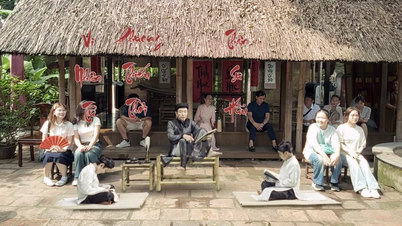




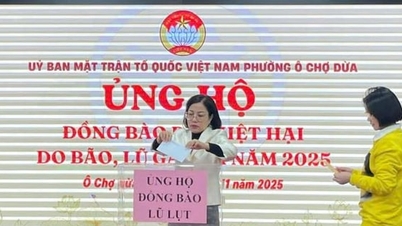





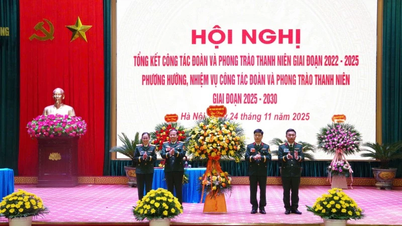








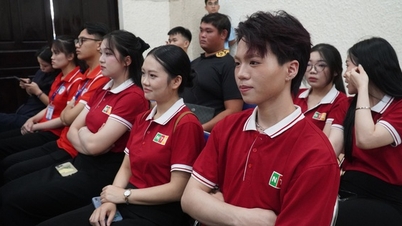





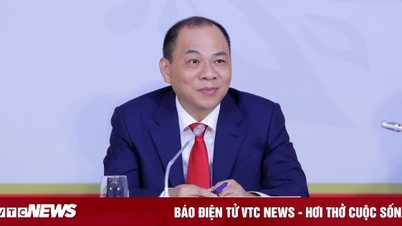





![[Photo] Next to the "mountain of trash" after the flood, Tuy Hoa residents strive to rebuild their lives](/_next/image?url=https%3A%2F%2Fvphoto.vietnam.vn%2Fthumb%2F1200x675%2Fvietnam%2Fresource%2FIMAGE%2F2025%2F11%2F24%2F1763951389752_image-1-jpg.webp&w=3840&q=75)


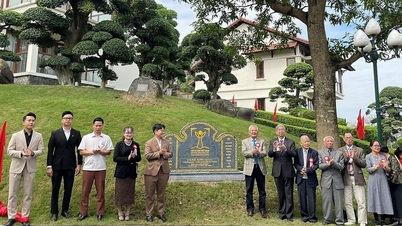

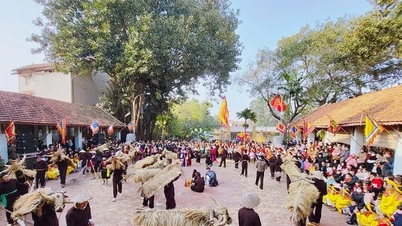

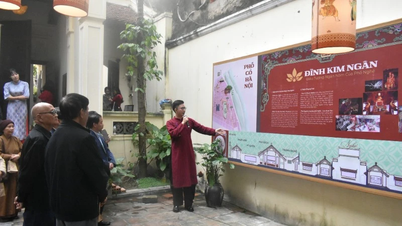












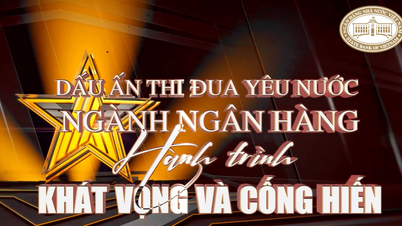



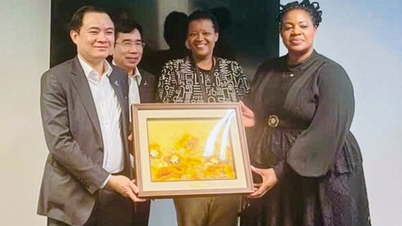
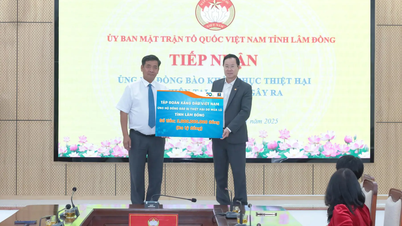







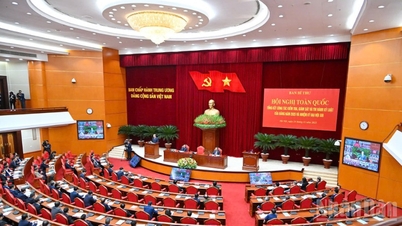



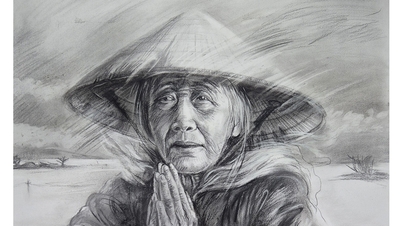



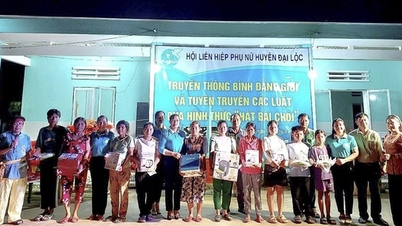
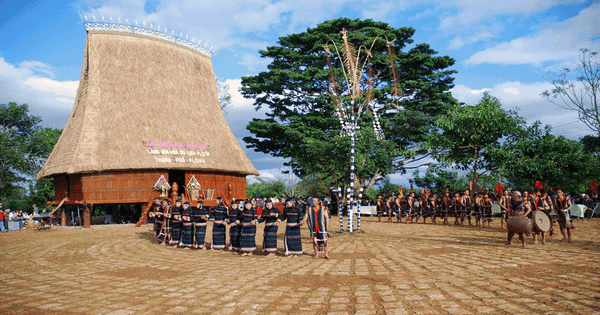




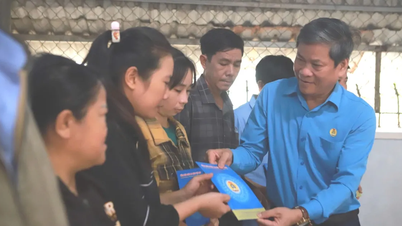


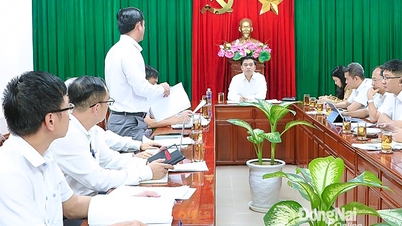
















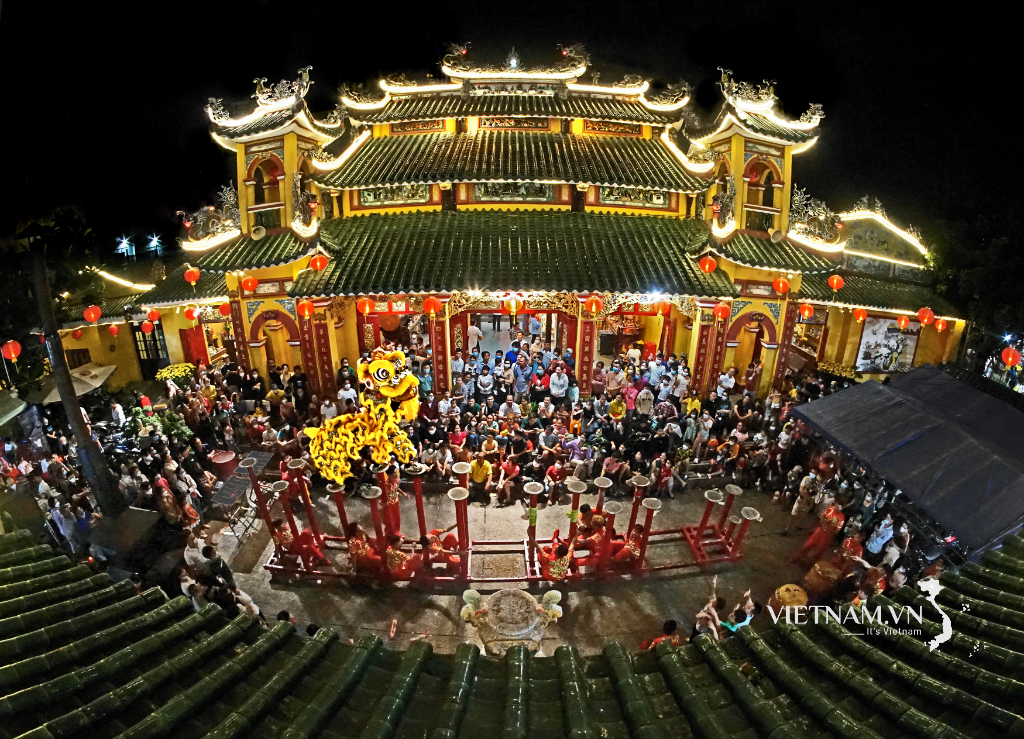

Comment (0)